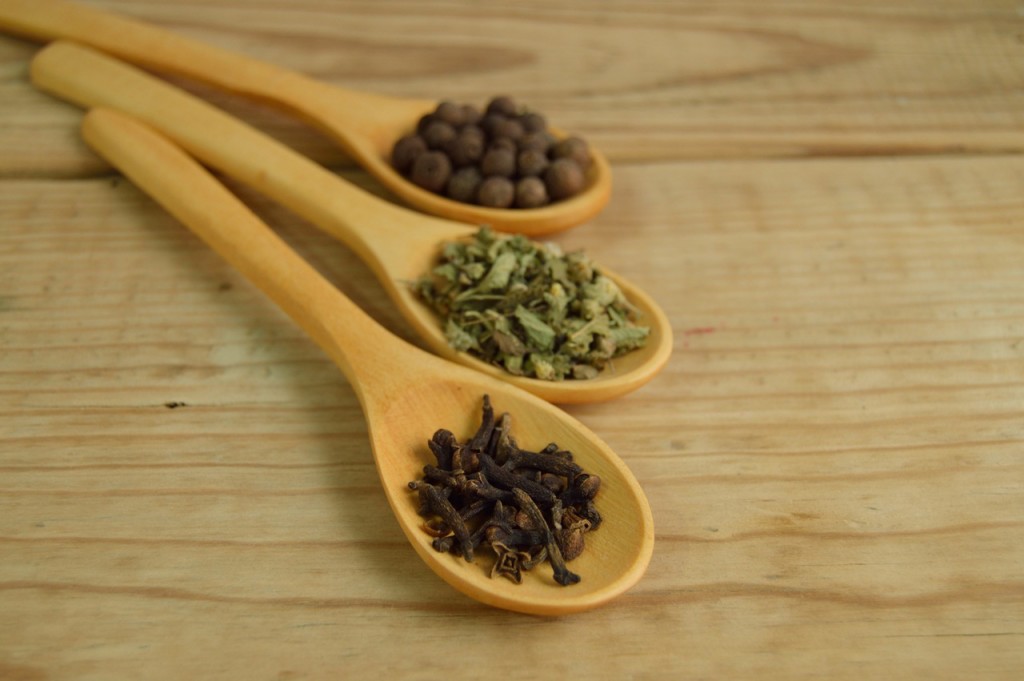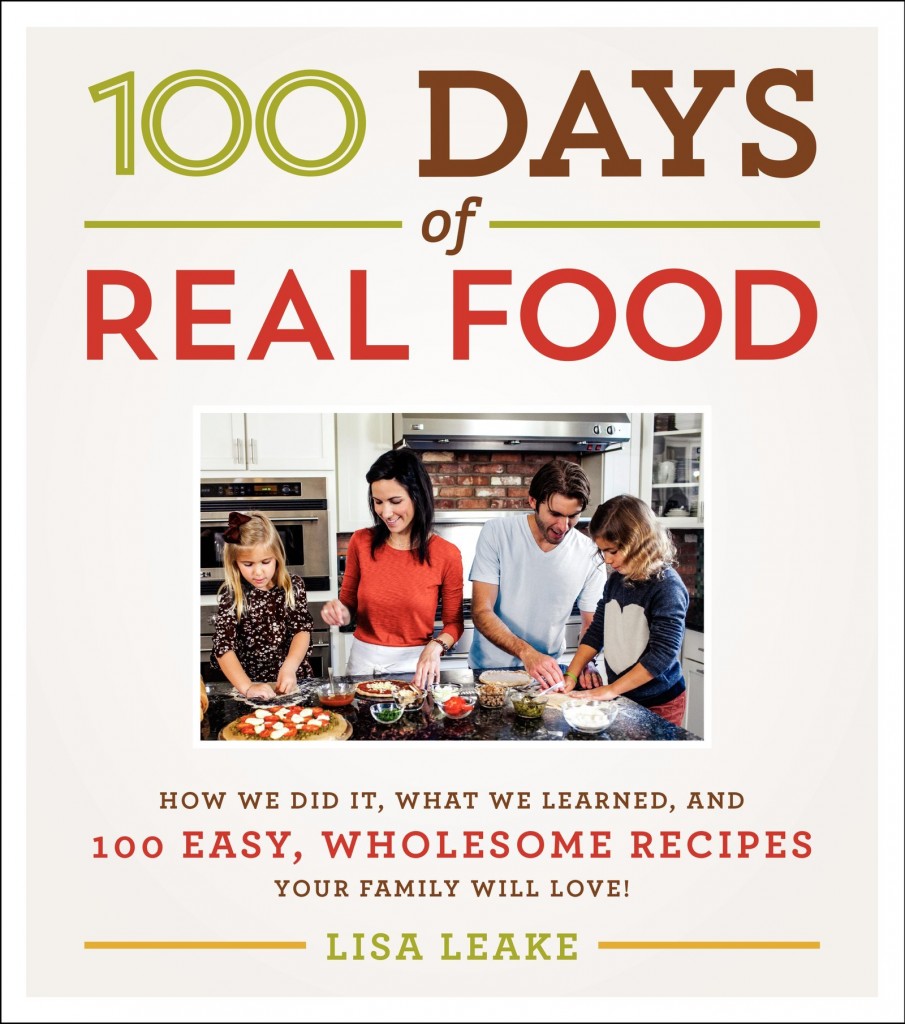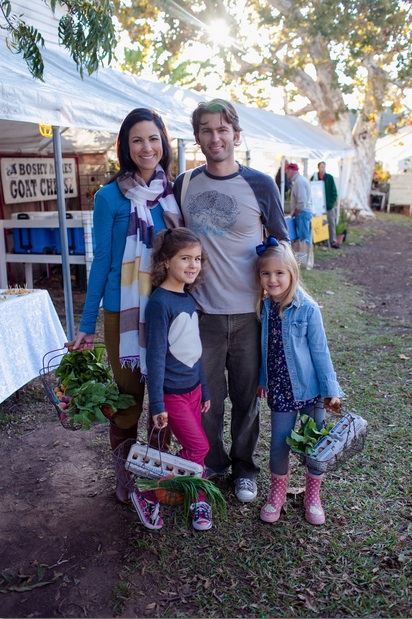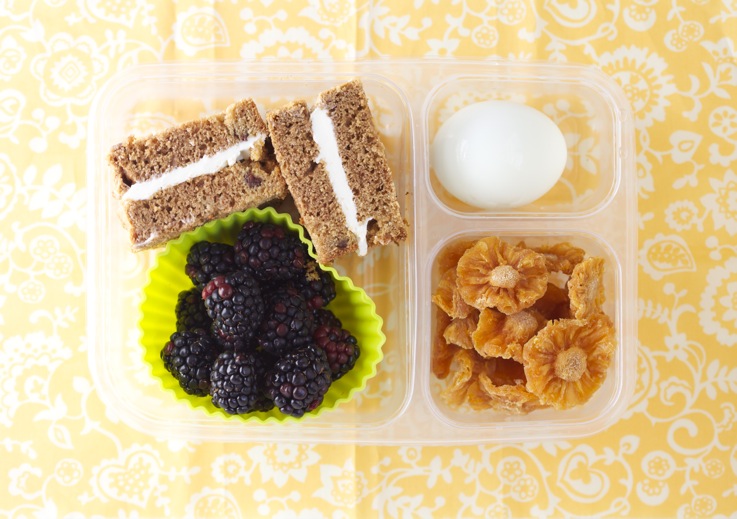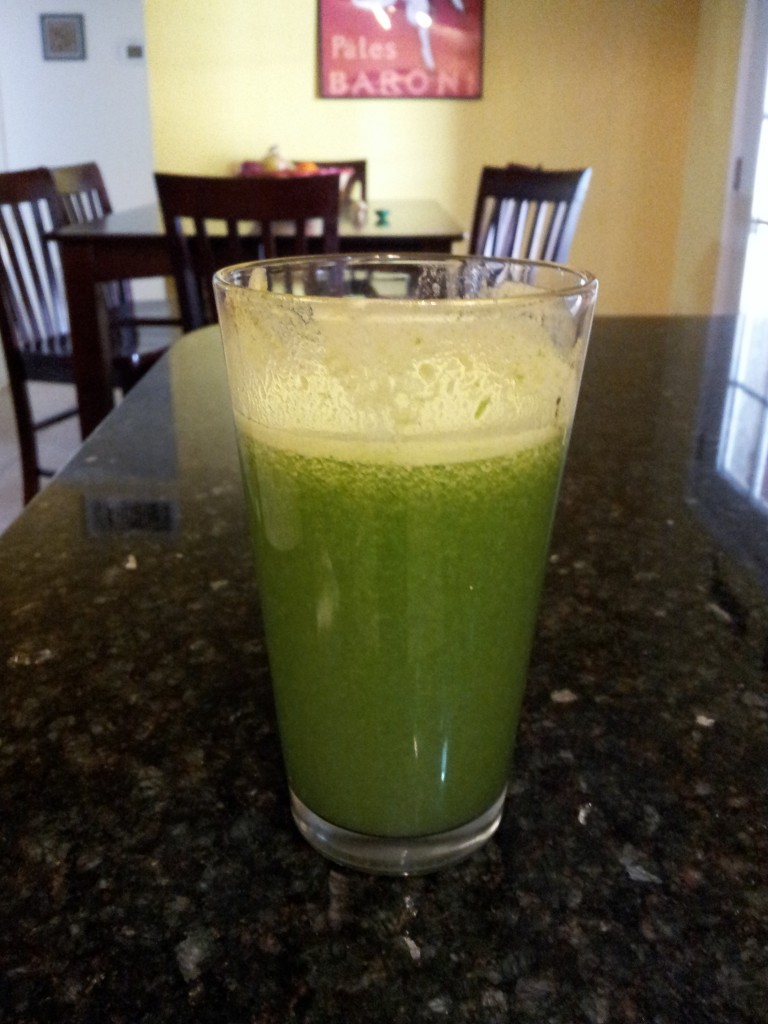
It’s been a long time since I’ve written about this topic, but for context, nutrition has always been a soul interest of mine. The thing about nutrition, like any science, is that it’s a fluid, ever-changing pursuit. My own personal journey with food has run the gamut from a restrictive eating-disordered young adult, to a self-righteous “We only eat WHOLE foods,” to a merry-go-round of vegan… paleo… zone…grain-free…dairy-free…sugar-free…etc etc etc aaaaaaaaaaaaaaaaaaaaaaaaaaaaa!
Over time, diet culture became my arch-nemesis. I have grown in leaps and bounds since my first nutritional consultant certificate several years ago, to my Health Sciences degree which I just completed in December. I was so excited to get to study – for four years! – the things I was most interested in. I learned what real research meant (hint: it’s not the same thing as Googling.) I learned that eating can’t be separated from not just our physical health, but from our mental health as well. I learned that fear, shame, and guilt around food are worse for us than the foods themselves. I learned to listen to actual dieticians and other trained health professionals, not to a random shirtless dude screaming on TikTok while he eats a stick of butter.
*Note – I was originally going to make this about both fitness and nutrition, but it turned out I had too much to say and it was already beyond long enough. I had to cut out so many points and so much detail just to get it down to 10. Be on the lookout for a fitness post!*
DISCLAIMER: I 100% support the fact that everyone has full autonomy to eat however they like. If you are happy, I’m happy! This post is not meant to berate anyone who does or does not eat certain things, but rather to provide a counterpoint to the toxic and fear-mongering advice that is so prolific on social media right now. If you feel good with what you’re eating, great! But if you’re caught in a cycle of guilt, shame, yo-yo dieting, or confusion over what foods are “good” or “bad”, this post is for you.
1. Carbs are an important macronutrient. Your body needs carbs. Lots of them in fact! We only have three macronutrients: Carbs, protein, and fats. They all serve their own purpose. Protein is important for building and repairing the body’s tissues, such as muscle and bone. Fat is important for brain health, hormone production, and absorbing certain vitamins. It also helps keep you full. But carbs are important too, which is why it makes me so crazy that the whole low/no carb craze is still going strong! Carbs are the body and the brain’s preferred source of energy. Lack of sufficient carbs can cause a whole host of problems, including things like brain fog, lack of energy, fatigue, muscle breakdown, slowed metabolism, mood swings/anger/irritation, poor workout performance, electrolyte imbalances, low blood sugar, and hair loss and brittle nails. Are whole grains better? Whole grains provide more fiber, and more micronutrients. They promote heart health and healthy blood sugar levels. They also help to lower your risk of type 2 diabetes, some cancers, and stroke. But that doesn’t mean you have to, or should, avoid their white counterparts! Keep in mind too, that low-carb and no-carb diets that may be beneficial for those with certain medical needs can cause more harm than good to the general population. The Keto diet, for example, was developed to help treat children with epilepsy. It was never meant to be a weight loss plan, and many people experience health problems from trying it. And finally, no, carbs do not make you fat. There’s actually no singular specific food that makes you fat. Weight gain happens when your energy going in exceeds your energy going out. In other words, consuming more calories than your body uses. This is true if your extra calories come from carbs, protein, or fat. Carbs are not your enemy. *Note that there is a lot of nuance here. Weight gain can also be influenced by many other factors such as genetics, certain meds, medical conditions, your mental health, sleep habits, hormones, etc.*
2. You aren’t “bad” if you eat, a cookie, a piece of pizza, a hamburger, etc. Food has no moral value. Yes, different foods provide different things, and yes, different foods are more or less nutrient dense. But that doesn’t make one “bad” and one “good”! I generally even distrust the word “healthy” when it comes to food. It means next to nothing in this context. What’s “healthy” for one person can send another to the hospital with anaphylaxis, cause a diabetic crisis, or set someone up for days of GI issues. When someone asks if something is healthy, my response is neutral facts, depending on age, interest, etc: “It’s got lots of fiber, potassium, B vitamins, monounsaturated fats….” Just facts. You’re allowed to eat food you enjoy. And you’re allowed to eat food solely for that enjoyment sometimes. No judgements, no shame.
3. DIETS DON’T WORK. 95% of all diets fail. The vast majority of people who go on diets do not only fail to obtain sustainable weight loss, but also gain back more than they lost in the first place! We all know someone (or are that “someone” ourselves) who’s gone on diet after diet after diet for literal decades. If diets worked, why would we have to keep re-starting them? Diets are actually the biggest predictor of weight GAIN, not loss. They’re a major risk factor for disordered eating behaviors and full-blown eating disorders, and they can also come with a host of damaging and unpleasant physical and mental side effects. If you’re in the 5% that has achieved years-long weight loss, it’s likely because 1) you made sustainable life changes (NOT counting calories – but things like adding more movement, drinking more water, and getting better sleep, etc) or 2) you’re relying on disordered behaviors to keep your weight down.
4. 1200 calories is not enough for the majority of adults – This dangerous recommendation just won’t go away. Just yesterday, I heard a guy say, “You can’t lose weight unless you cut down to 1200 calories a day!” That is false, and it is dangerous. Calories are fuel for our bodies and our brains, and if we don’t get enough, both will suffer. Not to get too science-y, but we all have a Basic Metabolic Rate (BMR) (There are lots of free calculators online). This is the amount of calories our bodies need just to keep our organs and body systems working correctly. The amount of calories you need just to… exist… even if you lay in bed all day. Once you get up and start moving around, go to work, do chores, exercise, etc, that number goes up. My BMR based on my height, weight, and age is just over 1400. But look how my daily caloric needs go up with activity (more energy out means more energy needs to go in):
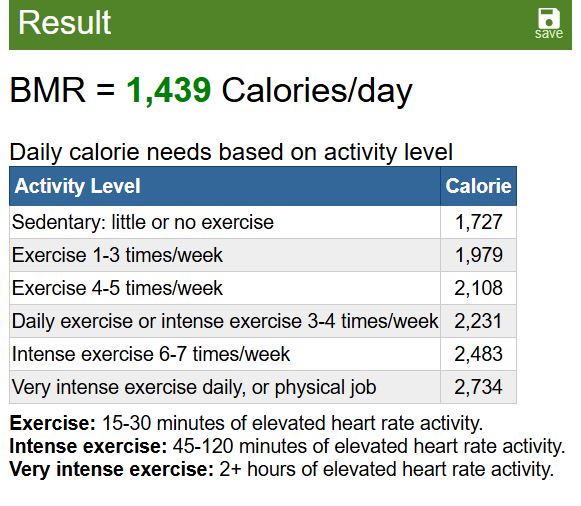
I am in the 2200 range. Which means that even if I reduced by 500 calories to create a deficit (a pretty standard and recommended amount to lose about 1 pound a week), I’d still need at least 1700 calories. Calorie needs are different day-to-day too, which is one of the (many) reasons that restrictive, one-size-fits-all diet plans do not work. We’re humans, not robots.
5. Making something sugar/fat free doesn’t make it healthier – I don’t know about you, but my Facebook feed is full of “diet” recipes that gloat about being guilt-free, sugar-free, fat-free, low carb, low calorie, etc. Gah. Making those swaps doesn’t mean whatever it is healthier! It just means they’re lower in sugar, fat, etc. That’s it. And to make it that way, they have to trade one thing for another. This often means you’re just ingesting more chemicals, etc, than you would have otherwise. There’s nothing wrong with eating some butter. There’s nothing wrong with eating some sugar. There’s nothing wrong with eating carbs! (See point one). Plus, the non-diet options taste ever so much better!!
Having said that:
6. Your diet soda is not killing you – Here’s the deal with artificial sweeteners. The studies people use to villify them are old and were performed on rats. They gave rats hundreds of times what would be a “normal” dose. They shot it directly into their veins and eyeballs. Hardly a fair or relevant comparison. Current research suggests that these sweeteners are perfectly safe in normal amounts. Keep in mind that the dose makes the poison, too. This is true of anything you ingest, including caffeine, which most of us drink every day, and even water! It is highly unlikely that the average person would hit an unsafe limit of artificial sweeteners from diet sodas alone. You’re probably not drinking dozens of sodas a day (depending on the type of sweetener, you could drink up to 30 a day with no ill effects). You’re probably not a rat either.
7. Your seed oils are not killing you either – Seed oils are one of the newer culinary villains, particularly among wellness influencers, keto/paleo proponents, and some fringe doctors. They claim them to be inflammatory, contributing to things like cancer, heart disease, and obesity. But it’s not supported by research. Most high-quality (human!) studies show seed oils to be safe, and some suggest they may even be beneficial. And again… the dose makes the poison. I know exactly zero people who chug vats of canola oil.
8. Processed foods are important. Yes, really! For many, many people, processed foods are an integral part of a diet that keeps them fed, fueled, and full of energy. These foods are convenient, easy, affordable, accessible, and palatable. They are shelf stable, making them ideal for mass food production, especially for urban and low-income areas where fresh and local food isn’t always available, or during crises like natural disasters. They are often fortified with vitamins and minerals. They provide solutions for many people with allergies, medical conditions, and disabilities. The help with portion control for the people who get overwhelmed with larger amounts. They’re often deeply rooted in joy, culture, memories, and traditions. I think we all have a childhood favorite, and it’s okay to revisit it as an adult! Do unprocessed, whole foods generally provide more readily available nutrition and less filler? Of course. No one’s disputing this. But it’s always better to be fed. If the choice is between not eating and grabbing a packaged snack? I’ll grab the packaged snack every time.
9. If you have working liver and kidneys, you don’t need a “cleanse” or “detox”. Your body has an intricate, well-oiled, and built-in system to filter, detox, and cleanse from unneeded things you eat. Your liver, kidneys, lungs, and skin all work together at this task, and barring any medical issues, they do it beautifully. Those teas, pills, tinctures, what-have-you that promise to rid your body of toxins or shrink your belly fat? Just a way for someone to make money off your insecurities. Don’t waste your money on these.
10. Those sensitivity tests are a scam. I don’t mean allergy testing. I’m talking about those things you see advertised on the internet that claim they’ll give you a list of foods to avoid based on your individual constitution. These are not the same as allergy testing done by a doctor, and are incredibly flawed and inaccurate. Don’t waste your money on these either. If you have concerns, your best bet is to see a doctor.
________________________________________________
Finally, keep in mind that nutrition is just a small piece of the overall picture of your health. Things like genetics, behaviors, movement, sleep, stress management, relationships, spirituality, social determinants (where you live, employment and socioeconomic status, education level, etc) all play roles in your individual health status. Fueling your body in a way that keeps you feeling strong, energized, and clear-headed is important, of course. But it should never come from a place of obsession, fear, guilt, or shame.
It’s okay to eat.


